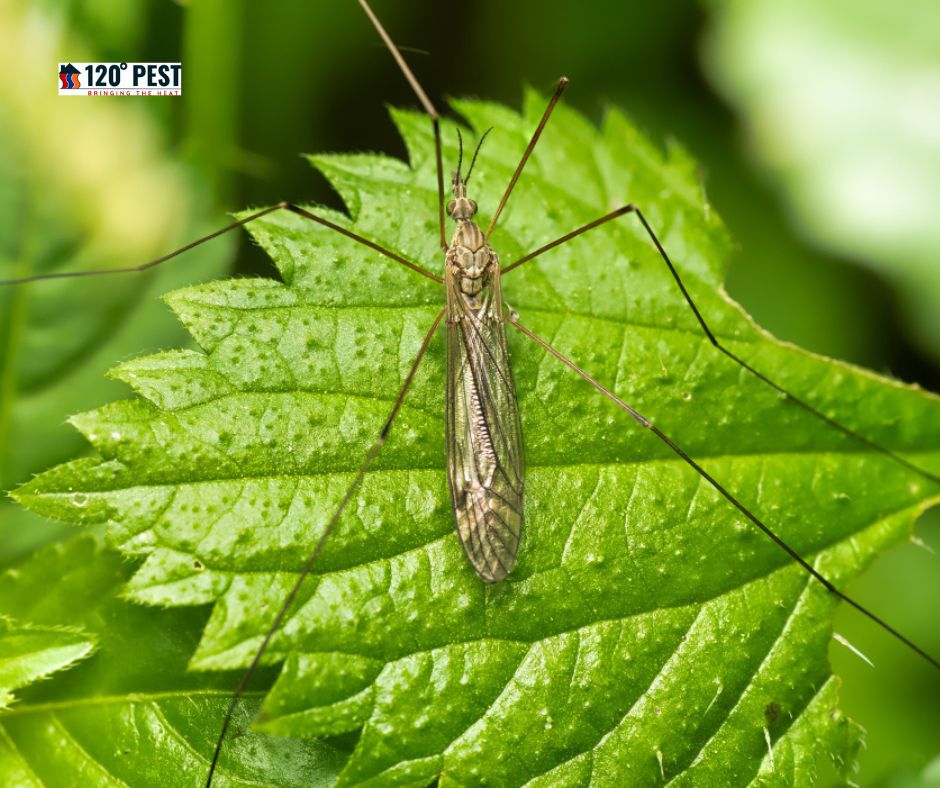Why Eco-Friendly Pest Control Matters
Pest control is vital for public health, food production, and ecosystem preservation. However, traditional pest control methods — especially chemical pesticides — have serious environmental consequences, including water contamination, harm to wildlife, and soil degradation. As awareness grows, eco-friendly pest control solutions are becoming the preferred choice for homeowners, farmers, and businesses.
In this guide, we’ll explore the environmental impact of conventional pest control methods and share sustainable, effective alternatives that protect both your property and the planet.
Environmental Impact of Traditional Pest Control Methods
Traditional pest control practices heavily depend on chemical pesticides, which pose multiple environmental risks:
Water and Soil Contamination:
Pesticides often seep into groundwater and rivers, harming aquatic ecosystems and contaminating drinking water.
Threats to Non-Target Species:
Bees, birds, and beneficial insects are often unintended victims of broad-spectrum chemical applications.
Pesticide Resistance:
Over time, pests can develop resistance, leading to the use of even stronger, more toxic chemicals.
Persistent Pollution:
Many pesticides remain active in the environment long after application, disrupting natural ecosystems.
Eco-Friendly Alternatives for Sustainable Pest Management
Fortunately, eco-friendly pest control methods offer effective solutions without the harmful side effects. Here’s how you can manage pests sustainably:
-
Biological Pest Control
Use natural predators like ladybugs, nematodes, and parasitic wasps to target and eliminate pest populations. This method protects beneficial species and supports biodiversity.
-
Integrated Pest Management (IPM)
IPM combines biological, mechanical, cultural, and chemical strategies to minimize pesticide use. It focuses on prevention, regular monitoring, and targeted treatments only when necessary.
-
Crop Rotation and Polyculture
Rotating crops and growing a variety of plants naturally disrupt pest life cycles, reducing dependency on chemical controls.
-
Habitat Modification
Enhance your landscape with hedgerows, cover crops, and native plants to attract beneficial insects and birds that keep pest populations in check.
5. Mechanical and Physical Controls
Use physical barriers, traps, and manual removal to limit pest infestations without chemicals.
6. Education and Awareness
Raising awareness among farmers, gardeners, and consumers about eco-friendly pest control methods helps drive industry-wide change.
7. Supportive Policies and Regulations
Government incentives for sustainable farming and restrictions on harmful chemicals encourage wider adoption of eco-friendly practices.
8. Research and Innovation
Investing in research for natural pest control agents and sustainable technologies expands the toolbox for effective eco-friendly solutions.
9. Consumer Demand for Sustainable Products
Consumers choosing organic and sustainably sourced products create market pressure for more environmentally responsible farming and pest management.
Conclusion: Building a Sustainable Future with Eco-Friendly Pest Control
Switching to eco-friendly pest control is critical for protecting our environment, supporting biodiversity, and ensuring food security for future generations. Sustainable pest management methods like biological control and IPM not only safeguard ecosystems but also create healthier living and working spaces.
Looking for eco-friendly pest control solutions? Contact 120 Pest Control today to learn how we can help you protect your home, business, and the planet.
Frequently Asked Questions (FAQs)
Why is eco-friendly pest control important?
It reduces environmental damage, protects beneficial species, and minimizes pesticide resistance, leading to a healthier ecosystem.
What are the downsides of traditional pest control methods?
Traditional methods often lead to water contamination, harm to wildlife, and long-term ecological damage.
What is biological pest control?
Biological pest control uses natural predators, parasites, or pathogens to manage pests without chemicals.
What is Integrated Pest Management (IPM)?
IPM is a strategic approach combining multiple pest control techniques to minimize chemical use while effectively controlling pest populations.




